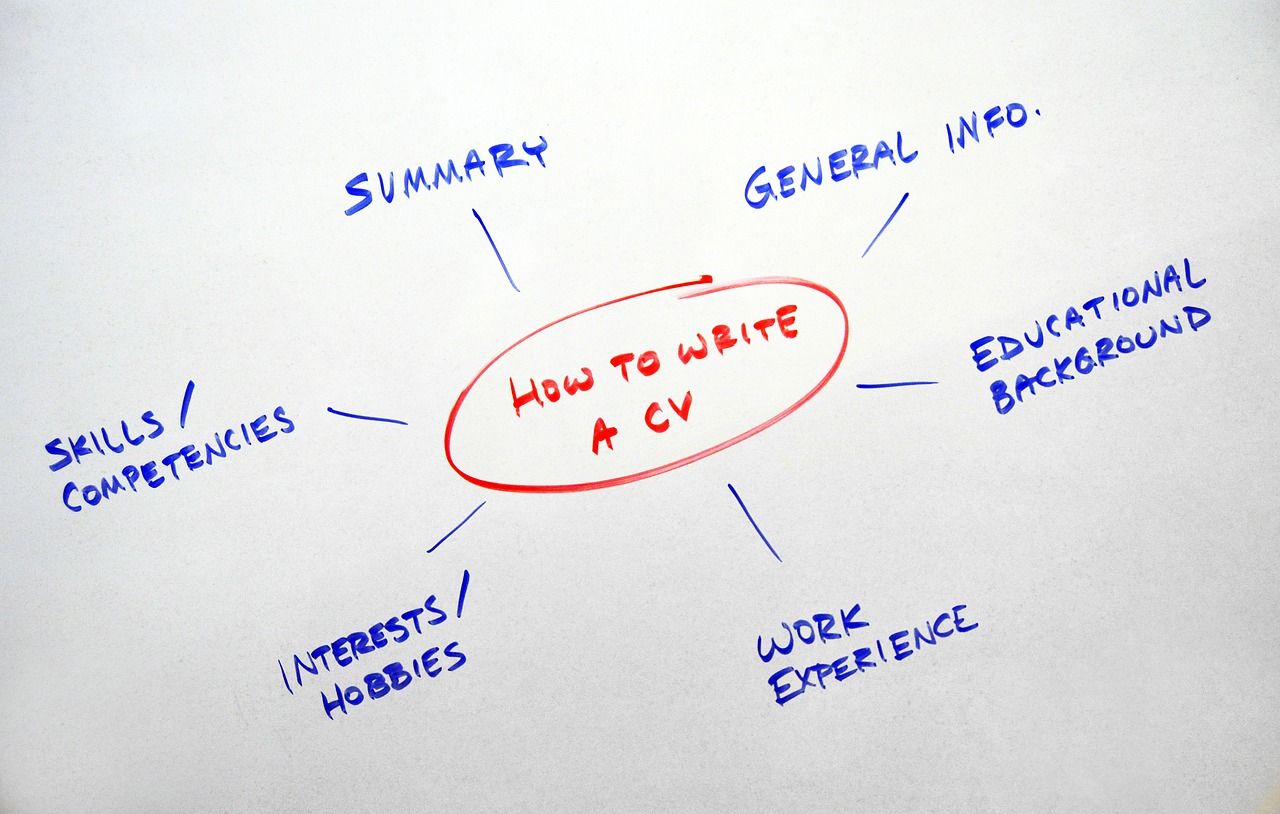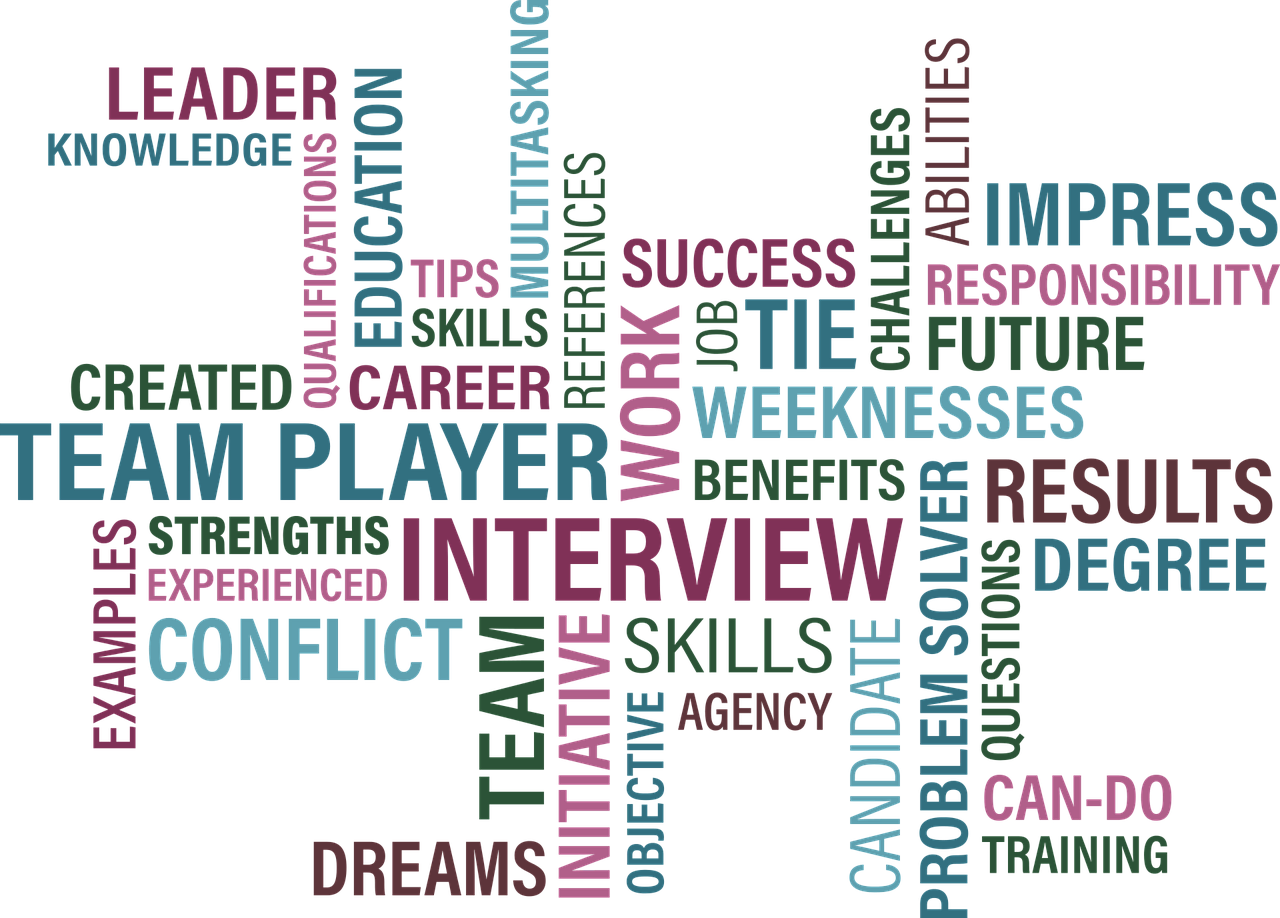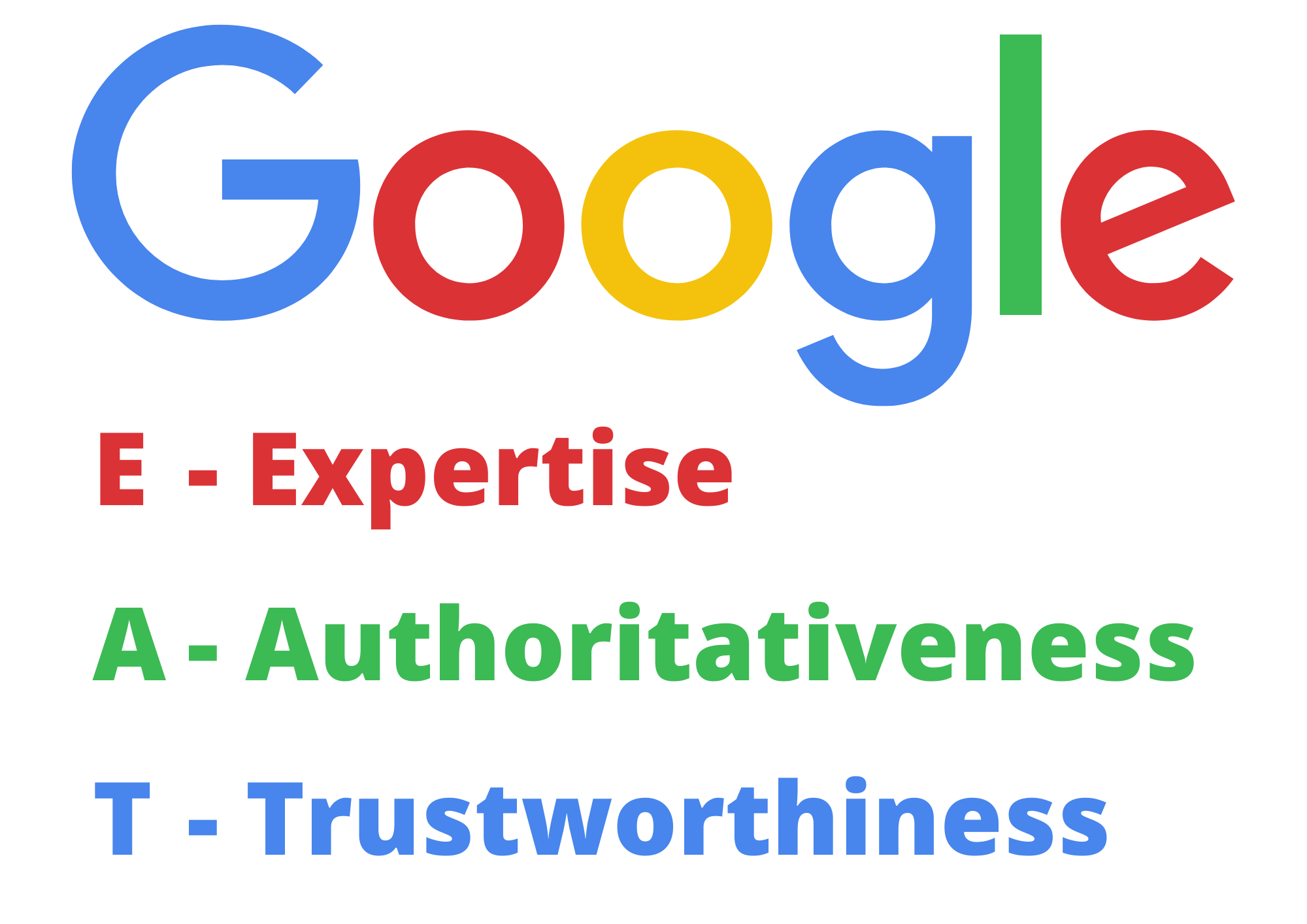Websites use Search Engine Optimization (SEO) techniques to rank higher in organic search results. You can take the principles behind these white hat techniques, tweak them a little, and apply them to your resume to rank higher in the recruiters' resume searches and land better jobs.
While some SEO techniques are easy to apply directly to the resume format, others need to be interpreted based on their idea before you can draw a similar approach to apply to the resume format. Let's dive into the various SEO techniques you can use to get your resume to rank higher for your target keywords or, to draw the right parallel, job profiles.
1. A/B Testing Your Resume Headings, Fonts, Colors, and Copy
In its most basic form, A/B testing is a marketing technique that gauges which of the many versions of the same website or page would work best for the target audience. This involves test drives with a sample audience, which in your case would be different job aggregator sites like Indeed, Monster, etc.
Use free resume templates available online to create multiple versions of your resume. Make minor alterations in the text copy, change block positions, use different font sizes and colors to highlight various aspects of your resume, and use these copies on different platforms. Since testing with a sample audience isn't always possible, you can gauge the response you get to different copies of your resume and stick with the one that gets the maximum hits.
You can also seek the opinion of your social media contacts, HR professionals you've worked with, and friends and family to zero in on the copy that gets the most positive response.
2. Quality Backlinks Vis-à-vis Verified References
Just like good backlinks act as weighted votes towards calculating the quality score of a website, a vast referral network acts as positive votes in favor of your credentials.
Besides the standard resume referrals, you should also maintain curated network connections on LinkedIn and other social media like Facebook, Glassdoor, GitHub, etc.
One solid link from a top-ranking site can drive up a website's traffic tenfold. Similarly, one good network connection could lead you to a job opportunity that can take your career places. It could also be the difference between being short-listed for a profile vs. being overlooked in favor of a candidate with a good network.
3. Important Information Above the Fold
Keeping the important information readily available above the fold, i.e., on the top half of the page, is a good SEO technique to grab more eyeballs and lengthen user engagement. You should also ensure that information related to the job profile you're applying to is front and center on your resume. Recruiters should not have to scroll down or go to the next page to look for relevant information.
Customize your resume to ensure certificates, qualifications, and experience pertaining to the job you're applying for, are highlighted in some way, mentioned on the first page, and are easy to read.
4. Concise and Impactful Copy
Your resume is an advertisement for your skills. Applying marketing rules and copywriting techniques when writing about your experience, the projects you've worked on, and your skills is something you need to practice. Once you've finished polishing the copy, approach it from the recruiter's perspective. Now write as someone recruiting for your profile and experience and edit your copy once more.
Being clear and concise, and relaying as much information as you can pack in as few words as possible, is the way to go. Do not follow the traditional essay writing method to talk about the work you've put in. Use bullet points where applicable and edit out non-essential information.
5. Keywords Optimization
Keywords optimization works in tandem with point four—whittle down lengthy sentences to short bullet points in active voice. Focus on the target keywords. In this case, keywords found in the job description, job title, and the ones in frequent use in your field of work and position.
This might seem like a stretch, but you should get into the habit of customizing your resume for every job you apply to. Even if it's the same job that requires the same skills, different companies might use different terms to talk about the same position. In order to make it past their filtering algorithms, and catch the recruiter's eye, change the relevant keywords to the ones used in the job title and job description before you hit send. This will significantly increase your chances of getting through to subsequent rounds of the recruitment process.
6. Use Google's EAT Principle
Expertise, Authoritativeness, Trustworthiness (EAT): It's the rule of three that helps a website rank better on Google Search. Put your resume through the EAT test. Here's how EAT relates to a resume:
- Expertise: Your skills and experience in relation to the job you're applying for. This is also an excellent way to assess whether you're applying to the right positions. A glance at your skills should tell the recruiter that you have the necessary skills, so they continue reading further.
- Authoritativeness: Demonstrable work experience via projects, services rendered, code written, etc., that shows your expertise on the subject and the main talking points of your resume.
- Trustworthiness: While this doesn't strictly apply to a resume, you can look at it as something that recruiters can gauge via your professional network. Most people prefer not to have a social media presence, and it would be unfair to judge them as less trustworthy. Yet, having professional experts vouch for your skills on public platforms is a huge plus that recruiters put a lot of faith in. This is also why hiring via referrals and lateral moves within the same organization are on the rise.
Boost Your Resume Ranking With SEO
SEO ensures that internet users get the best content. When applied to writing, editing, and formatting a resume, SEO hacks will ensure that recruiters get what they're looking for. You're simply using highly distilled marketing techniques to ensure your resume reaches the right people and places.
All the SEO techniques discussed above should greatly improve the chances of your resume making it through search filters, algorithms, and other applicant tracking systems.






